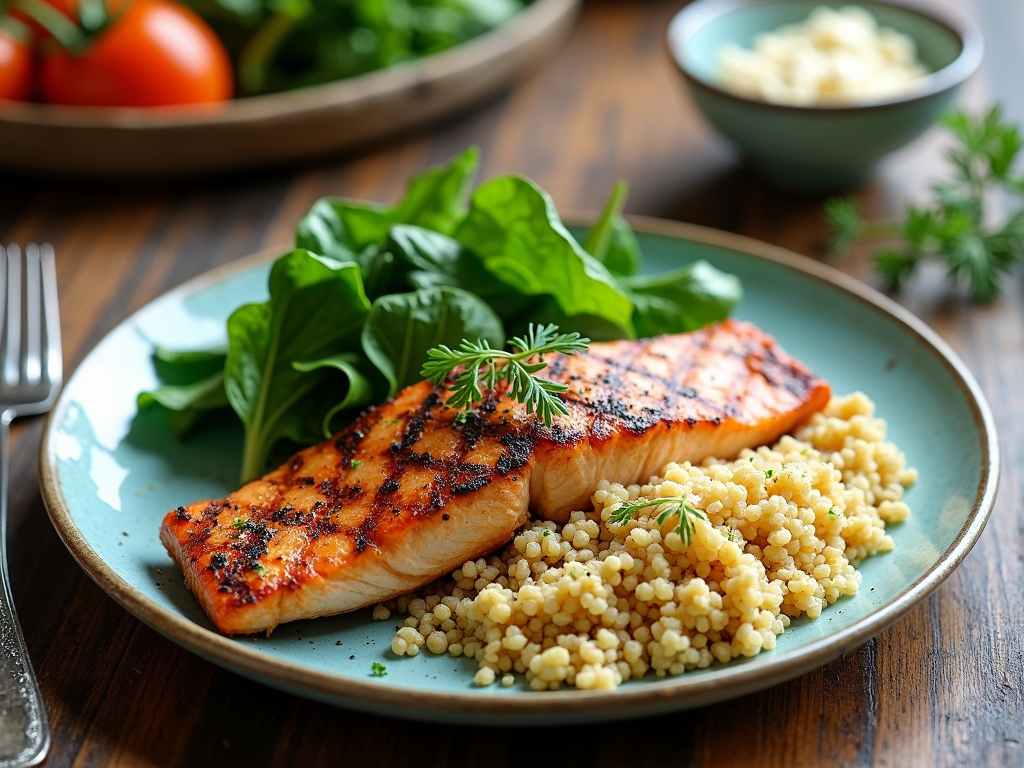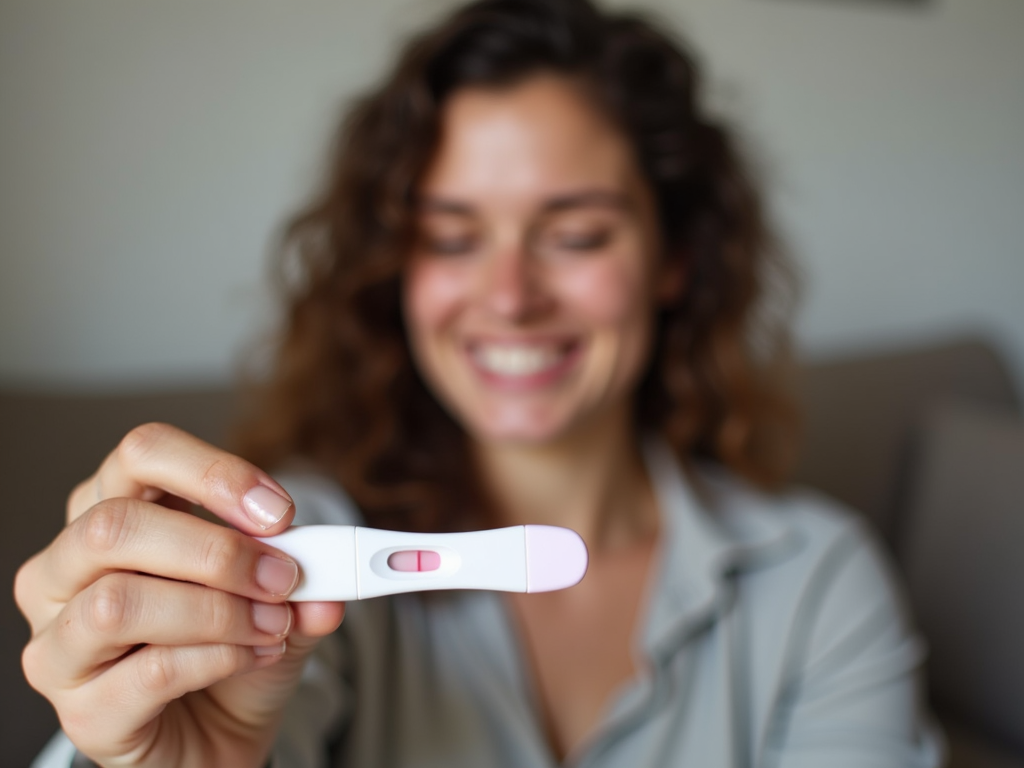How Diet and Exercise Help PCOS: A Comprehensive Guide for Women Seeking Fertility Options
March 26, 2025, 11:48 a.m.
Polycystic Ovary Syndrome (PCOS) affects millions of women worldwide, often making fertility a challenge. This hormonal condition disrupts periods and ovulation. Fortunately, diet and exercise can help manage symptoms and improve your chances of conceiving. This article dives into practical solutions for women with PCOS.

Understanding PCOS and Fertility
PCOS is a hormonal disorder where the ovaries produce too many androgens, or male hormones. This imbalance creates small cysts on the ovaries, throwing off the menstrual cycle. For many women, this means irregular periods—or none at all—making it tough to get pregnant.
Symptoms hit hard: unwanted facial hair, stubborn acne, and weight gain that won’t budge. I’ve talked to women who felt overwhelmed by these changes. The fertility struggle is real, but it’s not hopeless. Understanding your body is the first step to taking control.

Fertility challenges come from irregular ovulation. When your body doesn’t release eggs consistently, conception becomes a waiting game. But here’s the good news: lifestyle changes can shift the odds in your favor. Let’s explore how diet and exercise help PCOS—and your fertility.

The Role of Diet in Managing PCOS
What you eat matters—a lot. A smart diet can balance hormones, tame insulin resistance, and help you shed extra pounds. Insulin resistance is a big player in PCOS. It makes your body store fat and ramps up androgen levels, worsening symptoms.
Here’s what works: - Low-GI Foods: Think oats, lentils, and broccoli. They keep blood sugar steady. - Lean Proteins: Chicken, fish, or beans fill you up without spiking insulin. - Healthy Fats: Avocados, nuts, and salmon fight inflammation. - Skip the Junk: Sugary snacks and fast food make things worse.
I’ve seen friends with PCOS feel more energized after cutting processed carbs. For fertility, a balanced diet sets the stage for regular ovulation.

The Role of Exercise in Managing PCOS
Exercise isn’t just about weight—it’s about feeling better inside and out. Moving your body improves insulin sensitivity, lowers stress, and boosts your mood. For PCOS, that’s a triple win.
Try these: - Cardio: Brisk walking or biking burns calories and lifts your spirits. - Strength Training: Lifting weights builds muscle and revs your metabolism. - Mindful Movement: Yoga or stretching eases tension.
I started with 20-minute walks and felt less bloated within weeks. Exercise also helps fertility by keeping your weight in check and calming hormone chaos.

Don’t overdo it, though. Too much intense exercise can stress your body and mess with ovulation. Listen to yourself—start small and build up. Consistency beats perfection every time.

Lifestyle Adjustments to Support PCOS Management
Diet and exercise are stars, but other habits play supporting roles. Stress, sleep, and your environment shape how PCOS affects you. Small tweaks can make a big difference.
Consider these: - Stress Less: Meditation or deep breathing calms your mind and hormones. - Sleep Well: Aim for 7-8 hours to keep insulin and hunger hormones in line. - Ditch Toxins: Swap plastic containers for glass to avoid hormone-disrupting chemicals.
I learned this the hard way—late nights and stress made my symptoms flare. Fixing my sleep helped my cycle get more predictable, a win for fertility.

Fertility Options for Women with PCOS
Sometimes, lifestyle changes need a boost. That’s where fertility options for women with PCOS come in. From pills to advanced treatments, there’s hope.
Here’s a rundown: | Option | How It Helps | |---------------------|---------------------------------------| | Clomiphene Citrate | Kickstarts ovulation | | Metformin | Improves insulin and ovulation odds | | IVF | Bypasses ovulation issues |
A fertility specialist for PCOS treatment can tailor a plan for you. They’ll track your cycles, suggest meds, or guide you through IVF if needed. I’ve seen women glow with confidence after finding the right specialist.

Talking to a fertility specialist doesn’t mean giving up on natural methods. It’s about options. Combining their expertise with lifestyle adjustments often works best. You’re not alone—help is out there.

Summary
PCOS can feel like a roadblock, but diet and exercise help PCOS in powerful ways. They balance hormones, ease symptoms, and improve fertility odds. Add in lifestyle adjustments to support PCOS management, and you’ve got a solid plan. For extra help, fertility specialists offer personalized solutions.
Start with one change—maybe a walk or a healthier meal. Small steps lead to big wins. You’ve got this!
